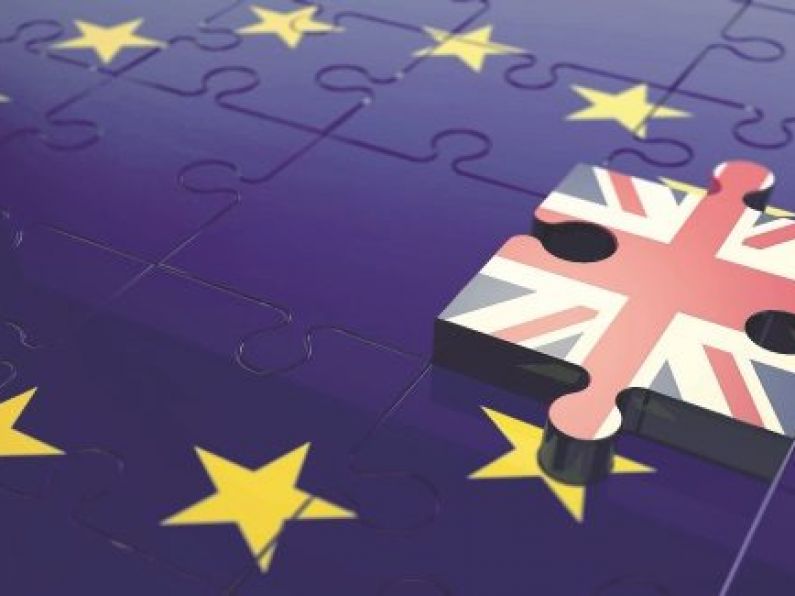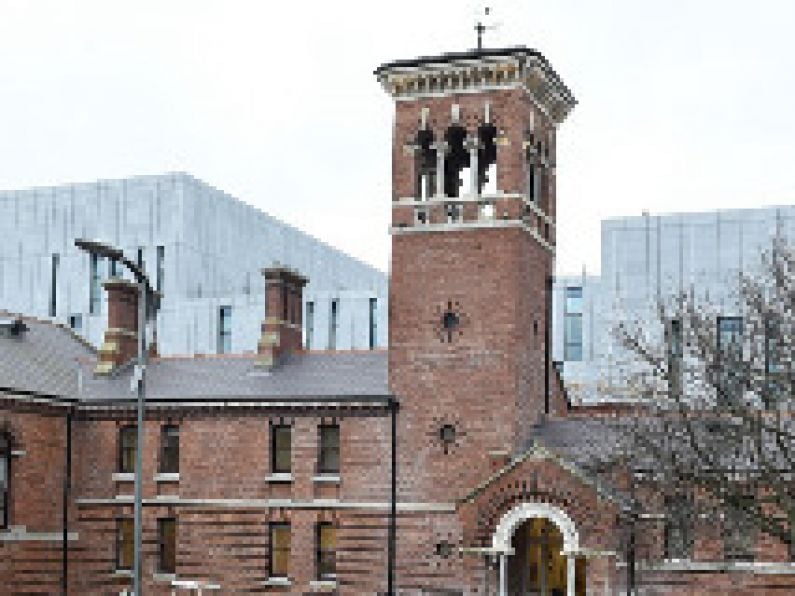In a rare show of unanimity, the Irish government, the DUP and Sinn Féin all opposed last week’s Westminster initiative to bridge the chasm in support for the UK prime minister’s Brexit Withdrawal Agreement.
The idea was that Stormont would be given a say in key aspects of the backstop arrangement contained in the, as yet un-agreed agreement. The backstop is the component of the Withdrawal Agreement that comes into force in the event that the future relationship between the EU and the UK is not sufficiently close as to ensure there is no necessity for a hard border to police the movement of goods between both jurisdictions on the island of Ireland.
The prime minister’s proposal last week was a backstop to a backstop. One undertaking promised that should the backstop kick in, the North’s assembly would have to be consulted.
This would be a mandatory process but there is little purpose in consulting on something which is already a done deal. The introduction of the backstop itself would be a mandatory process if the circumstances demanded it. Another undertaking was more meaningful. It envisaged that in the event of proposed changes to the operation of the backstop protocols, such changes could only be made by the relevant UK minister with the agreement of the Northern assembly.
The taoiseach’s objections to these undertakings appear to have been based on a concern that no one community in the North should have a veto over the wishes of another. When functioning, Stormont does not operate along traditional political divides but rather under a consensus mechanism under the d’Hondt mechanism. Last week’s proposals seemed to ignore d’Hondt.
However, more convincing than the taoiseach’s principled objections is the simple fact that the northern assembly has done little to show itself either willing or capable of taking significant decisions in relation to the economy. To echo Finance Minister Paschal Donohoe’s observation at a business gathering towards the end of last year, there was no government in Stormont to take advantage at a time when the North was the main focus of EU political attention.
Even though both the Scottish and the Welsh governments have had a role in EU Brexit discussions, there was no politician from Stormont to see first-hand what could or could not be achieved. There was no-one there to learn first-hand what the EU institutions and other EU members see as being reasonable or unreasonable in the context of the UK’s future relationship with the EU. The Stormont assembly is ill-equipped to take decisions regarding any aspect of Brexit.
The brighter signal coming out of Westminster from last week’s parliamentary votes is there is a majority of MPs who do not favour Britain exiting the EU without some form of deal. Unfortunately, there must be serious question marks over its capacity to ensure a deal, acceptable not only in London but also in Brussels, is finally struck before March 29. Perhaps the least worst option, though not the easiest option politically, is for the UK to seek an extension to the Article 50 terms which define the time available to cease EU membership. Bizarrely, it is easier for the UK to secure agreement to some form of withdrawal than it is to secure such an extension. Under Article 50, the former only requires majority assent among EU countries but the latter requires unanimity. At this stage, there is little guarantee of either. Businesses on both sides of the Irish Sea are anxious over the outcome of tomorrow night’s parliamentary vote. Brexit was supposed to be about taking back control. It is anything but that.
Brian Keegan is director of public policy and taxation at Chartered Accountants Ireland






